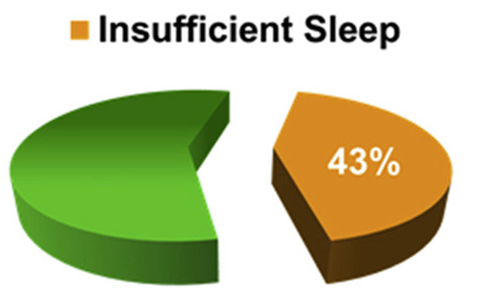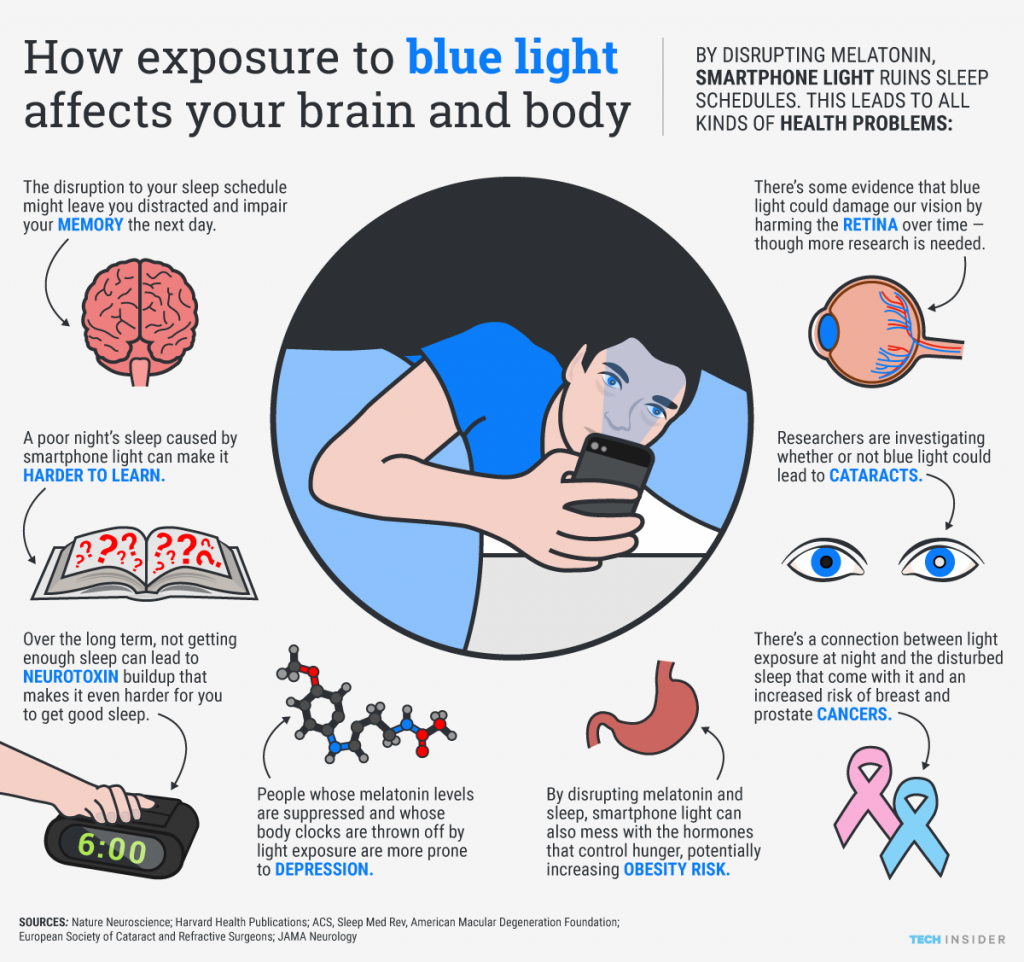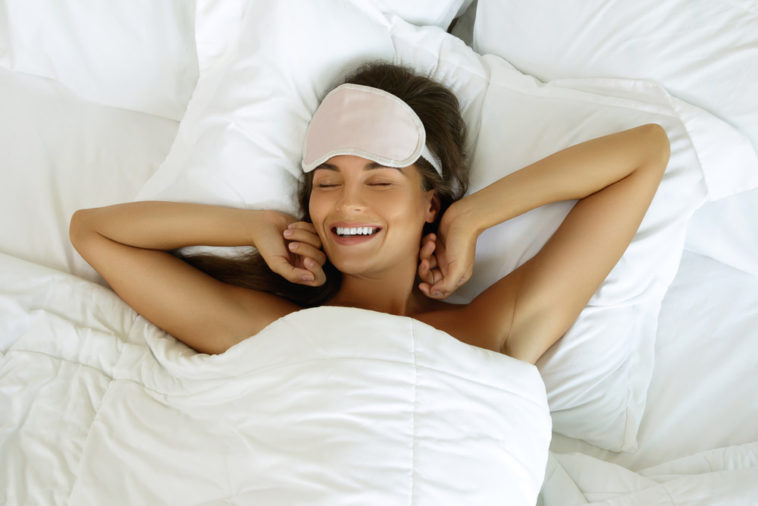
Sleep is a critical, yet often underappreciated, constituent of health and homeostasis. In many industrialized societies, however, a trend towards less hours of sleep per night has become more prevalent.1 Seven hours or less of sleep has been attributed to factors such as greater time associated with leisure activities and longer work schedules.1(148)
Ultimately, such losses in sleep duration has been associated with coronary heart disease, cancer, diabetes, hypertension, dementia, and depression.1(148),2 As such, developing strategies to improve both sleep quality and duration is paramount. As a means of appreciating sleep hygiene, the following will consider sleep in greater detail and lifestyle/nutritional interventions to improve the same.

Sleep is a shared human requirement necessary for optimal daily functioning and achieving/maintaining quality of life. However, there are concerns about sleep disorders which has been estimated to exist in up to 45% of the world’s population and endangers the individual’s health and quality of life as it increases with age.3
Due to the high impact of sleep on social and physical performance, low quality sleep induces problems for people, eventually decreases the quality of life, and worsens with age.3(1)

Quality of sleep is important for health as it allows the opportunity to lead an active lifestyle amongst older individuals in addition to improving mental and physical health.3(1) Chehri et al3(1) indicated that 12% of elderly/older individuals are satisfied with their sleep while 57% suffer from sleep problems.3(1)
Sleep is necessary to recover energy, yet disorders can induce physical problems and weakness; aging alters the sleep quality and endogenous circadian rhythms, thus causing sleep disorders commonly found within advanced age groups.3(1)

One intervention to help improve sleep onset is by reducing exposure to blue light in the evening. Flat screen televisions, laptops, smartphones, and Ipads are commonplace technologies in homes that emit said light type. However, the aforementioned devices emit a wavelength (< 550 nm) which defines and characterizes blue light.4
Such light, even with brief exposure, has been shown to hinder melatonin production; a key hormone responsible for causing and regulating sleep.4(1603) Thus, blocking such light before it contacts the photoreceptors in the eyes may allow for the natural production of melatonin.4(1607)
Please see the below article on the effectiveness of blue light blocking glasses and their effects upon sleep quality and duration:
LINK: Improving Sleep Quality With Amber Glasses

Magnesium is a micronutrient which regulates a myriad of biochemical reactions and is involved in more than 300 enzymatic processes (to include melatonin production).5,6 Of particular interest and relevance is magnesium’s recently discovered role in cellular timekeeping amongst plant/animal cells suggesting a need maintain the normal circadian rhythms/ensuring quality sleep in humans.5(2) Furthermore, Cao et al5(2) indicated that magnesium supplementation improved insomnia symptom among older people and that low dietary magnesium intake was significantly associated with depression.5(2) Considering depression is associated with poor sleep, strategies to improve sleep could potentially help relieve depression.

If individuals are found to have low consumption of magnesium in the diet (i.e., green leafy vegetables, nuts, legumes), one could suggest increasing intake of the same as a food-first approach. Furthermore, red blood cell (RBC) magnesium could also be considered/measured to ensure adequate levels of the same.7 If RBC magnesium concentrations remain inadequate, supplementation of magnesium could help reach optimal levels. Such is relevant as magnesium consumption has been suggested to improve insomnia markers (i.e., sleep time, early morning wakening) in a double-blind placebo-controlled clinical trial in elderly; Cao et al5(9) stated that said study supplemented 500 mg of magnesium in the experimental group who reported improvement in said insomnia markers.

In conclusion, sleep is a critical, yet often underappreciated, constituent of health and homeostasis. In many industrialized societies, however, a trend towards less hours of sleep per night has become more prevalent. Such habits can compromise an individual’s mood (i.e., depression), energy levels, and overall quality of life. Although the aforementioned recommendations are not a complete intervention for insomnia, said protocols are likely to provide measurable and meaningful changes. Ultimately, simple and cost-effective strategies such as limiting blue light exposure in the evening and increasing magnesium intake, when deficient, have the capacity to improve sleep quality, duration, mood, and overall health.
References
1. Gallicchio L, Kalesan B. Sleep duration and mortality: A systematic review and meta-analysis. J Sleep Res. 2009;18(2):148-158. doi: 10.1111/j.1365-2869.2008.00732.x.
2. Simpson N. Sleep and inflammation.Nutr Rev. 2007;65(12):S244-S252. doi: 10.1111/j.1753-4887.2007.tb00371.x
3. Chehri A, Parsa L, Khazaie S, et al. Validation of the sleep hygiene index for the elderly. J Public Health. 2019;1-7. doi:https://doi.org/10.1007/s10389-019-01180-3.
4. Burkhart K, Phelps JR. Amber lenses to block blue light and improve sleep: A randomized trial.Chronobiol Int. 2009;26(8):1602-1612. doi:10.3109/07420520903523719.
5. Cao Y, Zhen S, Taylor AW, et al. Magnesium intake and sleep disorder symptoms: Findings from the jiangsu nutrition study of Chinese adults at five-year follow-up. Nutrients. 2018;10(10):1-11. doi:10.3390/nu10101354.
6. Kohlstadt I. Advancing Medicine with Food and Nutrients. 2nd ed. London, NY: CRC Press; 2012.
-Michael McIsaac
